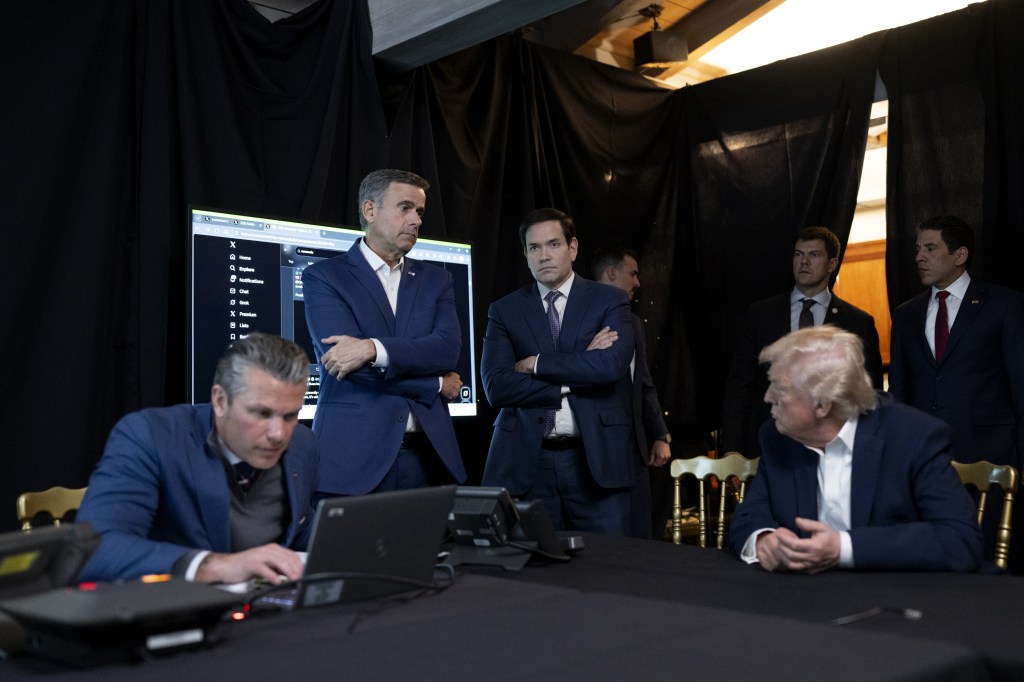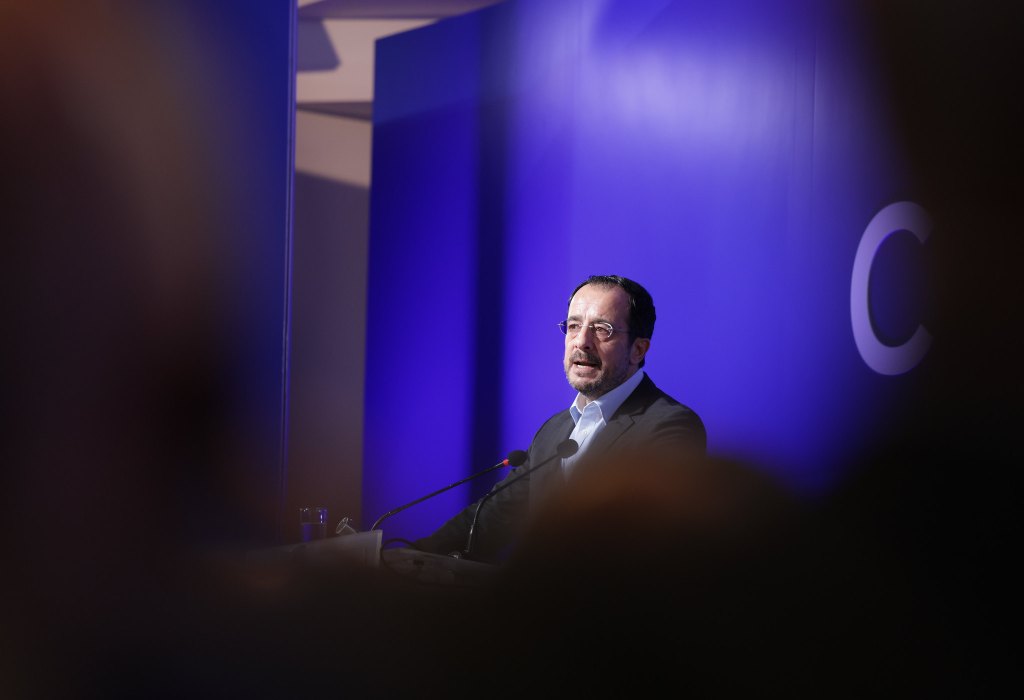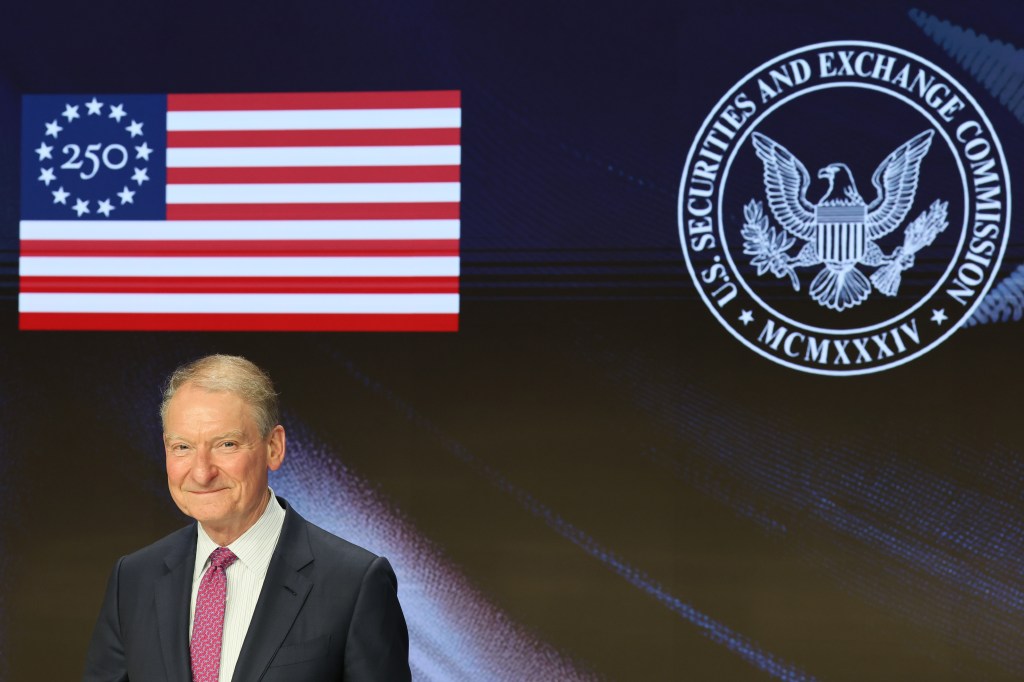Former securities representative suspended and fined for allegedly making unsuitable investment recommendations
In addition order tickets for 150 solicited sale transactions were marked as “unsolicited”, resulting in the firm failing to maintain accurate books and records. A restitutionary payment of $129,496 plus interest has been ordered.
Former securities representative suspended and fined
Register for free to keep reading
To continue reading this article and unlock full access to GRIP, register now. You’ll enjoy free access to all content until our subscription service launches in early 2026.
- Unlimited access to industry insights
- Stay on top of key rules and regulatory changes with our Rules Navigator
- Ad-free experience with no distractions
- Regular podcasts from trusted external experts
- Fresh compliance and regulatory content every day













